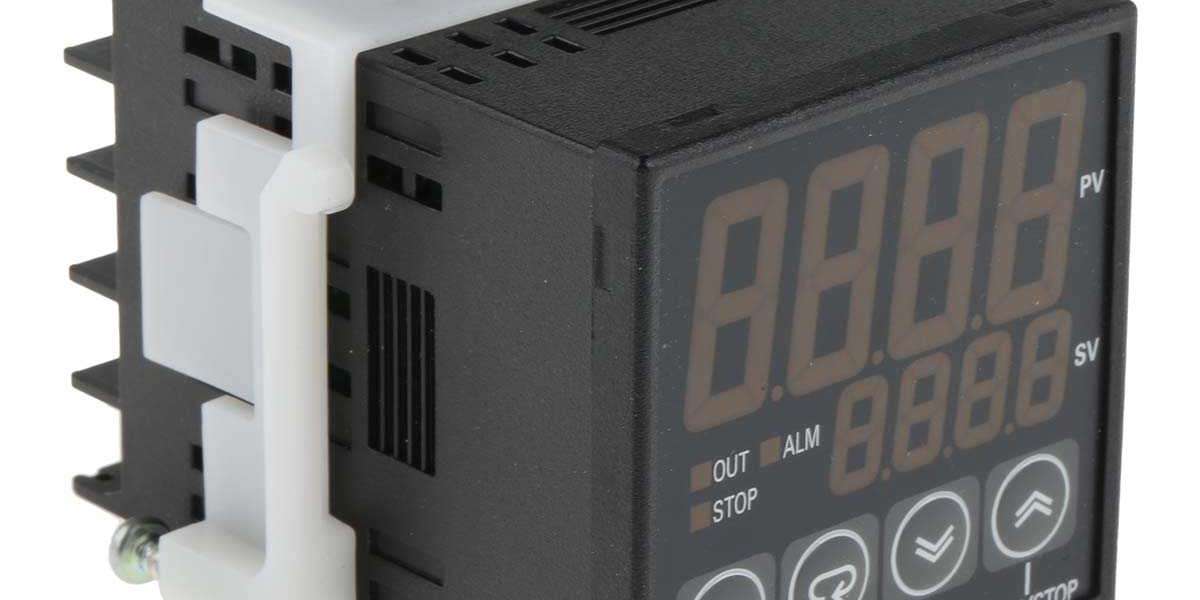Temperature controllers are crucial in managing and regulating the temperature in various industrial and commercial environments, ensuring optimal performance and reliability of systems. Understanding their significance and application can lead to better efficiency and accuracy in processes that depend on precise temperature control.
Understanding Temperature Controllers: What Are They?
Temperature controllers are devices used to control temperature by comparing the actual temperature to the desired control temperature, or setpoint, and providing outputs to a control element. They are essential in situations where temperature is a critical factor in process industries such as chemical manufacturing, food production, and metal fabrication.
The Role of Temperature Controllers in Industrial Efficiency
- Precision in Process Control: They maintain process temperatures within a narrow range, ensuring consistent product quality and reducing material wastage.
- Energy Efficiency: By optimizing the heating and cooling cycles, these controllers reduce energy consumption and operational costs.
- System Safety: They help prevent overheating and other dangerous conditions, protecting equipment and enhancing system safety.
Key Types of Temperature Controllers
- On/Off Controllers: Simplest form, switching the output only when the temperature crosses the setpoint.
- Proportional, Integral, and Derivative (PID) Controllers: Offer the most accuracy by adjusting the control input at a rate proportional to the current temperature error, the cumulative error, and the rate of change of the error.
- Programmable Controllers: Allow users to program multiple setpoints, which is ideal for processes that require varying temperature levels.
Applications of Temperature Controllers in Various Industries
- Food and Beverage Industry: Ensuring precise temperatures for fermentation in brewing, pasteurization in dairy production, and cooking and freezing processes.
- Plastics Industry: Regulate temperature during the molding and extrusion processes to ensure the quality and strength of plastic products.
- Pharmaceuticals: Critical in maintaining strict conditions for drug manufacturing and storage to comply with health regulations.
Exploring Temperature Control Accessories
To enhance the functionality and effectiveness of temperature controllers, various accessories can be used:
- Sensors and Transmitters: Provide accurate and real-time data on process temperatures, essential for the controller’s function.
- Heat Exchangers: Improve the efficiency of systems that require rapid changes in temperature.
- Cooling and Heating Units: Attached directly to the system to provide necessary temperature adjustments quickly and effectively.
Best Practices for Selecting and Implementing Temperature Controllers
- Understand the Process Requirements: Knowing the temperature range, environment, and accuracy required helps in choosing the right type of controller.
- Select Appropriate Accessories: Enhance the controller’s performance by pairing it with the right sensors, transmitters, and other accessories.
- Regular Maintenance: Ensure that the system and its components are regularly checked and maintained for reliability and accuracy.
Conclusion
Temperature controllers play a pivotal role in enhancing the efficiency and accuracy of various industrial and commercial processes. By carefully selecting the right type of controller and accompanying accessories, businesses can achieve significant improvements in product quality, safety, and energy consumption. Understanding and implementing these devices effectively is key to leveraging their benefits to the fullest.
This exploration of temperature controllers not only underscores their importance but also provides actionable insights for businesses looking to optimize their temperature-dependent processes. By integrating advanced temperature control solutions, industries can achieve heightened operational efficiency and product integrity, ensuring long-term success and sustainability.














